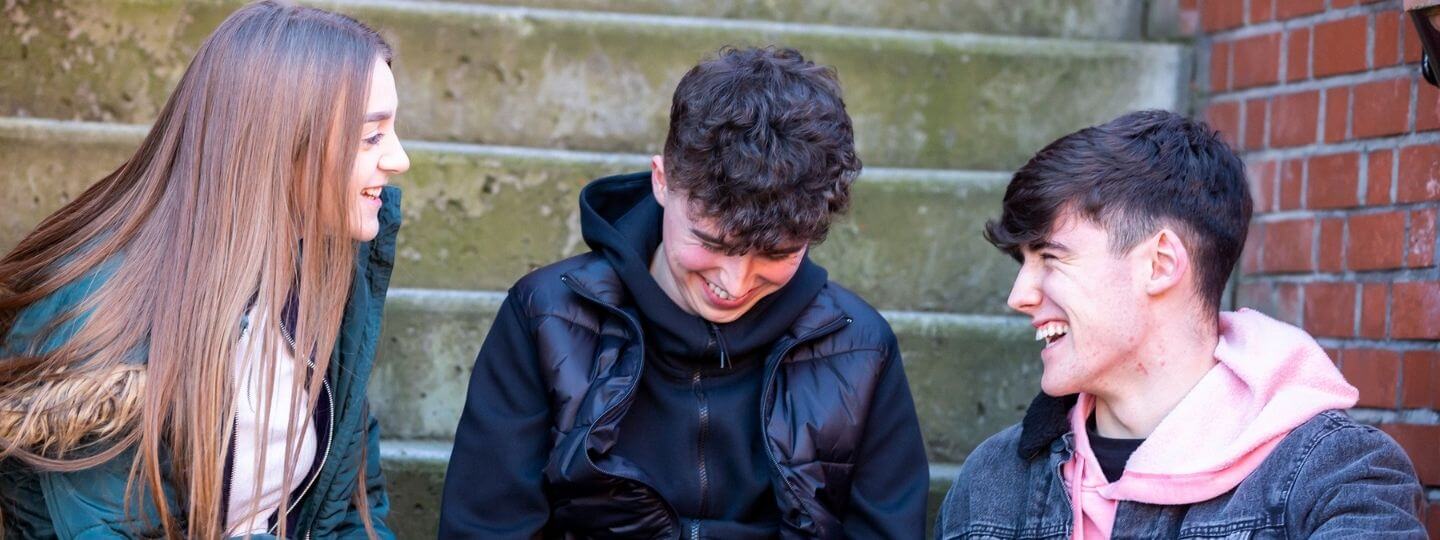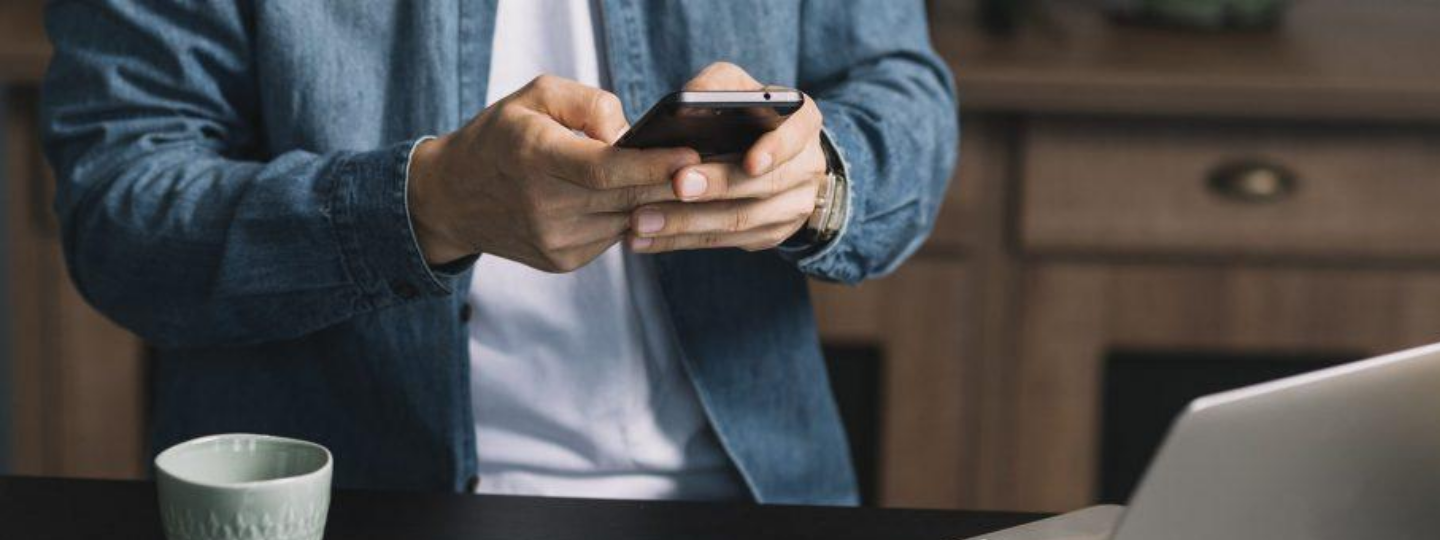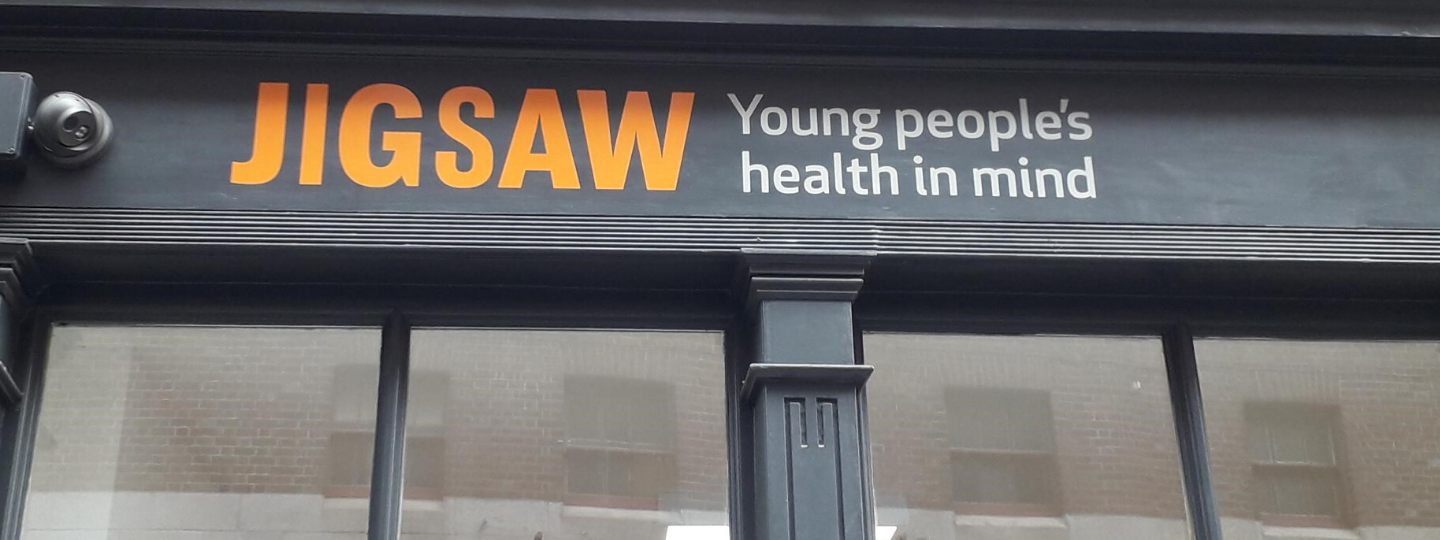Are you aged 12 to 25 and looking to get one-to-one support with your mental health? If so, your local Jigsaw service can help.
Getting in touch
Start the process by calling or emailing your local Jigsaw service yourself. Your parent or guardian, or teacher, doctor, or youth worker can also take that first step, contacting the service for you with your permission.
If you are under 18, Jigsaw requires that an adult consent for you to attend. That means we need to check with your parent or guardian and let them know you want to attend our service.
However, it does not mean we have to tell them why you want to come to Jigsaw. We will discuss what we can keep confidential with you when you come in.
Once you get in touch, a member of staff will ask you for some basic details. If you both decide Jigsaw is the right service for you, they will organise an appointment for you with a Jigsaw Clinician.
If your situation is more complicated, they might arrange for a Jigsaw Clinician to call you back. This will be to discuss things in a bit more detail before deciding on the next steps.
What is a Jigsaw service?
Jigsaw is a mental health service. But more specifically, it is an early intervention service for young people at primary care level.







